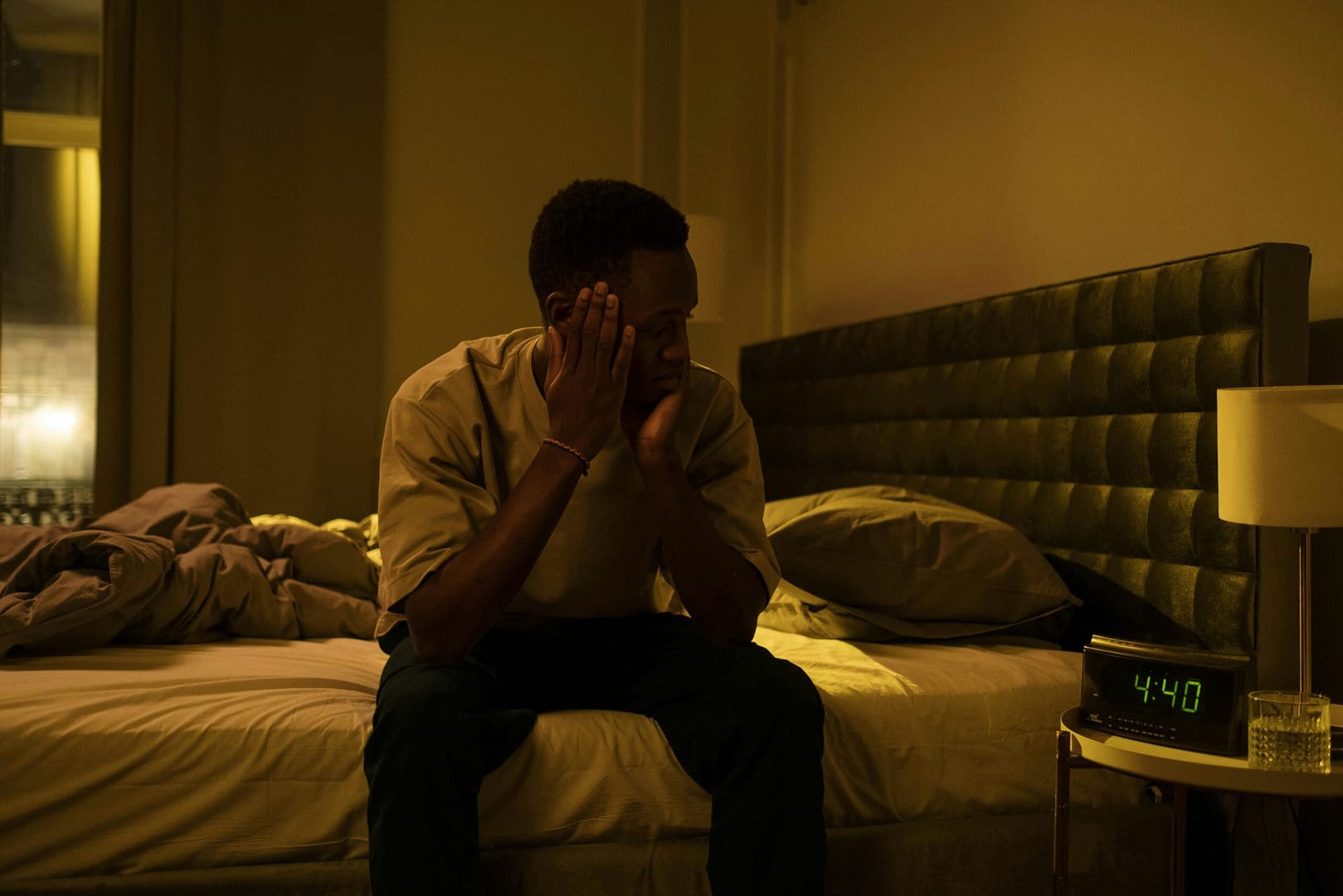Insomnia Therapy: Unlocking Secrets to Sound Sleep
In a fast-paced world filled with deadlines, responsibilities, and constant connectivity, many individuals find themselves battling an elusive foe at night – insomnia. Sleep, an essential component of our well-being, often becomes a luxury that slips through our fingers. The impact of insomnia on physical and mental health is profound, leading researchers and healthcare professionals to explore effective therapies. In this blog, we will delve into the world of insomnia therapy, exploring mechanisms and effectiveness, with a focus on Cognitive Behavioral Therapy (CBT) and its specialized form for insomnia (CBT-I).
Overview of Insomnia
Insomnia is more than the occasional restless night; it’s a persistent difficulty falling asleep, staying asleep, or experiencing restorative sleep. To be diagnosed with insomnia, these symptoms must occur at least three times a week for three months or longer, significantly impairing daily functioning.
Insomnia Therapy
Cognitive Behavioral Therapy (CBT): CBT, a widely used therapeutic approach, has proven effective in treating insomnia. It addresses the thoughts, feelings, and behaviors that contribute to sleep difficulties. CBT for insomnia involves identifying and challenging negative thought patterns related to sleep, promoting relaxation techniques, and establishing a consistent sleep routine.
CBT for Insomnia (CBT-I): CBT-I is a specialized form of CBT tailored specifically for insomnia. It focuses on addressing the factors perpetuating insomnia, such as anxiety and hyperarousal. CBT-I may include techniques like stimulus control (associating the bed with sleep), sleep restriction (limiting time in bed to increase sleep efficiency), and sleep hygiene education.
CBT-I Research
There is now an abundant body of evidence supporting the efficacy of in-person Cognitive Behavioral Therapy for Insomnia (CBT-I) for insomnia therapy. Numerous studies indicate that it is as effective as sedative-hypnotics during acute treatment (typically spanning 4–8 weeks) and surpasses the efficacy of sedative-hypnotics in the long term, extending beyond three months after treatment. The favorable overall profile of CBT-I, coupled with its minimal propensity for side effects or harm, has led the American College of Physicians to endorse it as the preferred first-line treatment for chronic insomnia. This recommendation has gained recognition and support from authoritative bodies such as the European Sleep Research Society, the Australasian Sleep Association, and the Department of Veterans’ Affairs/Department of Defense (VA/DOD).
Regarding changes from pre-treatment to post-treatment, a comprehensive analysis shows significant improvements. In terms of symptom reduction, subjective sleep latency (SL) and wake after sleep onset (WASO) times decrease from baseline averages of approximately 60 minutes to around 30 minutes at the conclusion of treatment. These absolute changes translate to an average treatment effect of approximately 50% reductions in symptom severity.
Sleep Hygiene
Although insomnia therapy helps, it won’t be effective if you have poor sleep hygiene habits. Below are some tips to help you with sleep hygiene.
- Morning Sunlight Exposure: Exposure to natural light in the morning helps regulate the circadian rhythm, signaling to the body that it’s time to be awake and alert.
- No Blue Lights 1 Hour Before Bed: Blue light emitted from screens can suppress melatonin production, disrupting the natural sleep-wake cycle. Avoid screens an hour before bedtime or invest in blue light glasses.
- Dimming Lights 1 Hour Before Bed: Dimming lights in the evening signals the body to prepare for sleep, promoting the production of melatonin.
- No Food 3 Hours Before Bed: Eating close to bedtime can lead to poor digestion, disrupting sleep. Allow at least three hours between your last meal and bedtime.
- Avoiding Sugar and Alcohol 3 Hours Before Bed: Both sugar and alcohol can interfere with sleep patterns. Avoid their consumption in the hours leading up to bedtime.
- No Caffeine After 11 AM: Caffeine is a stimulant that can disrupt sleep. Limit consumption and avoid it after 11 AM to prevent interference with sleep.
- Sleeping in a Dark, Cool Bedroom: Create an optimal sleep environment by keeping the bedroom dark and cool. Your body temperature needs to drop in order for you to fall asleep and stay asleep (one reason why you can’t sleep if you’re too hot). Use blackout curtains to help your room stay dark.
- Sleep Apps/Meditation Before Bed: Utilize sleep apps or engage in relaxation techniques like meditation to calm the mind before bedtime.
- Avoid Late Afternoon Naps: Late afternoon naps can interfere with the ability to fall asleep at night. If you need to nap, keep it brief and earlier in the day.
- Exercise (But Not Before Bed): Regular exercise promotes overall health but avoid vigorous exercise close to bedtime, as it may increase heart rate and cortisol levels, hindering sleep.
Conquering insomnia involves a multifaceted approach, including therapeutic interventions like CBT and CBT-I, coupled with adopting healthy sleep hygiene practices. By understanding the mechanisms and incorporating effective strategies, individuals can pave the way for restful nights and improved well-being.
Tossing and Turning?
Ready to transform your nights and conquer insomnia? Contact COPE Psychological Center today for expert guidance and effective insomnia therapy. Take the first step towards restful, rejuvenating sleep and improved well-being.

